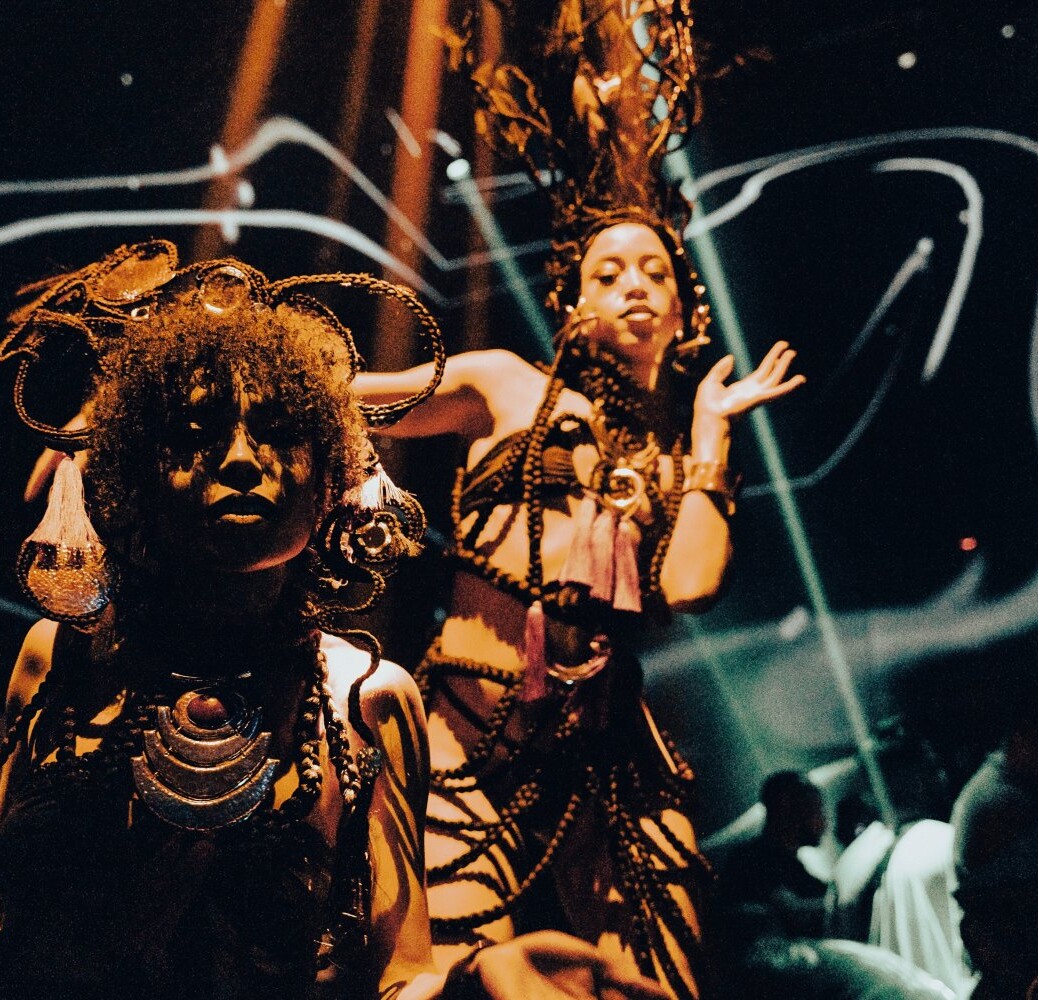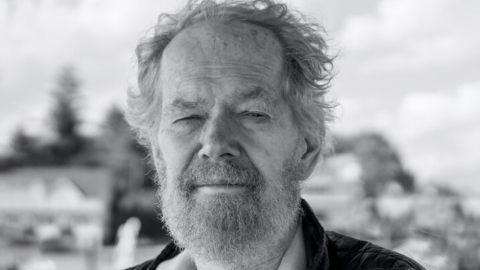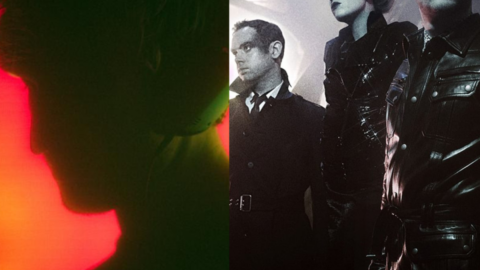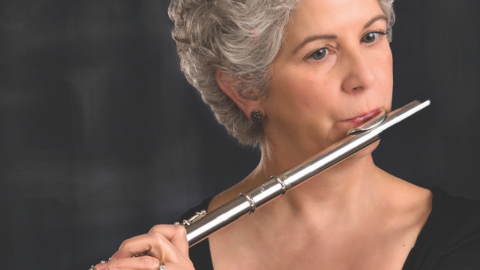Afro house, a subgenre of house music that blends traditional African rhythms and instruments with contemporary electronic sounds, has been making waves in the global music scene. Originating from South Africa, Afro house has gained international recognition for its vibrant beats, deep grooves, and rich cultural influences. This article explores the evolution of Afro house, its key artists, and the impact it has had on the electronic music landscape.
The Origins of Afro house
Afro house emerged in the early 2000s as a distinct sound within the broader house music genre. It draws heavily from South African musical traditions, incorporating elements like tribal percussion, soulful melodies, and call-and-response vocal patterns. Artists began experimenting with house music’s 4/4 beats, layering them with African instruments such as djembe, mbira, and marimba, creating a unique fusion that resonated with both local and global audiences.
The genre gained momentum through local dance clubs and music festivals in South Africa, where DJs would seamlessly mix Afrobeat, kwaito, and house music. As the sound evolved, it began to attract attention from international DJs and producers, leading to its rise in popularity beyond South Africa.
Key Artists and Influencers
Several artists have played a crucial role in defining and popularizing Afro house, each contributing their unique sound and style. Some of the most notable figures include:
- Black Coffee: Perhaps the most recognized name in Afro house, Black Coffee has become a global ambassador for the genre. His soulful productions and captivating live sets have earned him accolades and a dedicated fan base worldwide. His collaborations with international artists, such as Drake and David Guetta, have further solidified his influence in the electronic music scene.
- Culoe De Song: Known for his deep and melodic productions, Culoe De Song has been a pivotal figure in the Afro house movement. His track “Webaba” has become a staple in DJ sets, showcasing the genre’s infectious grooves and rhythmic complexity. His ability to blend traditional African sounds with contemporary house music has set him apart as a leading innovator.
- DJ Maphorisa: A prolific producer and DJ, DJ Maphorisa has been instrumental in popularizing Afro house both in South Africa and internationally. His collaborations with various artists across genres, including Wizkid and Major Lazer, have introduced Afro house to a broader audience, bridging the gap between African and Western music.
The Sound of Afro house
Afro house is characterized by its intricate percussion patterns, deep basslines, and rich melodic structures. The genre often features extended breakdowns and build-ups, creating a dynamic listening experience that encourages movement on the dance floor. Vocals are typically soulful, drawing from traditional African singing styles and often incorporating lyrics in various indigenous languages.
The production techniques in Afro house also play a crucial role in its sound. Many producers utilize analog equipment and live instrumentation, giving their tracks an organic feel that resonates with listeners. This emphasis on authenticity and cultural roots sets Afro house apart from other electronic genres.
The Global Impact of Afro house
The rise of Afro house has significantly impacted the global electronic music scene. As more DJs and producers embrace the genre, Afro house has been featured in major music festivals around the world, including Coachella, Tomorrowland, and ADE (Amsterdam Dance Event). This exposure has led to an increased appreciation for African musical traditions and their influence on contemporary music.
Moreover, Afro house has inspired a wave of new artists who are blending African sounds with various electronic genres, creating a rich tapestry of music that continues to evolve. The genre’s infectious rhythms and cultural significance have made it a favorite among dance music enthusiasts, fostering a sense of community among fans.
Challenges and Future Directions
Despite its growing popularity, Afro house faces challenges, including issues of cultural appropriation and representation. As the genre gains international recognition, there is a risk that its roots may be overshadowed by commercialization. It is essential for artists and the industry to prioritize authenticity and respect for the cultural heritage that informs Afro house.
Looking to the future, Afro house is poised for further growth and innovation. As technology continues to advance and new platforms for music distribution emerge, artists will have more opportunities to share their sound with a global audience. Collaborations between Afro house artists and those from other genres will likely lead to new and exciting fusions, continuing to expand the reach and influence of this vibrant genre.
Conclusion
Afro house has emerged as a powerful force in the electronic music landscape, blending traditional African sounds with contemporary electronic elements to create a unique and infectious genre. With key artists leading the way and a growing global audience, Afro house is set to continue its rise, enriching the world of electronic music while honoring its cultural roots.
Tags: Afro House












